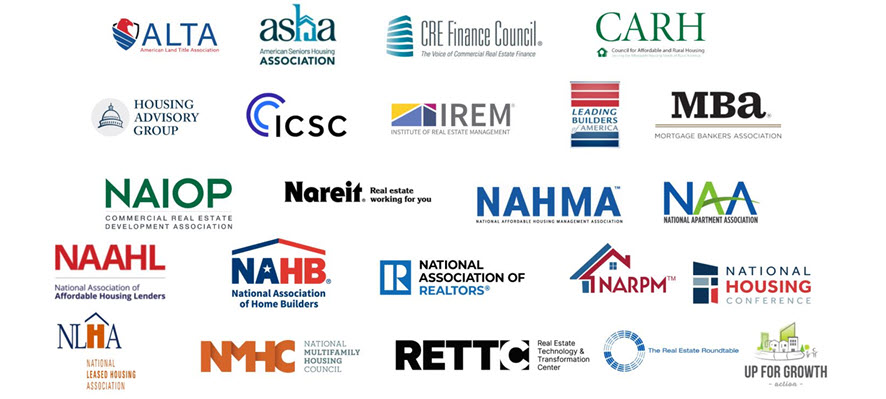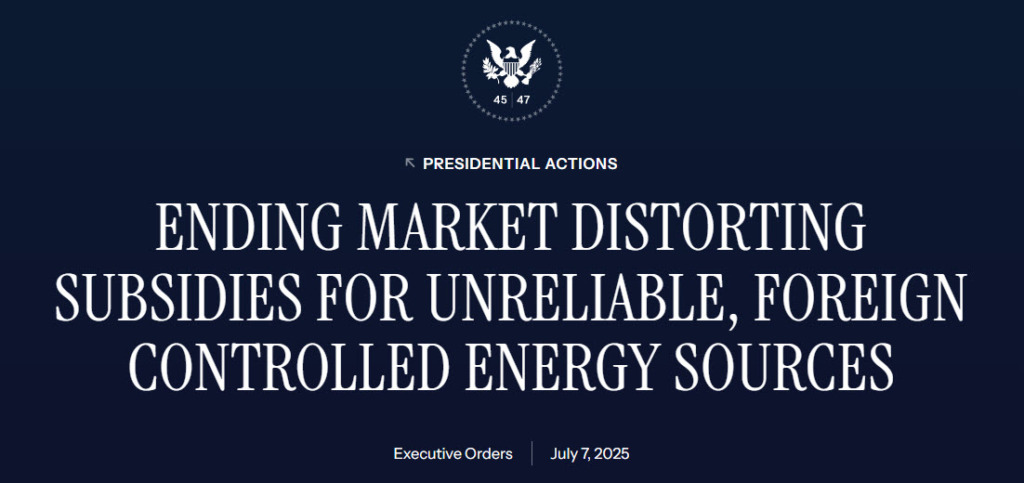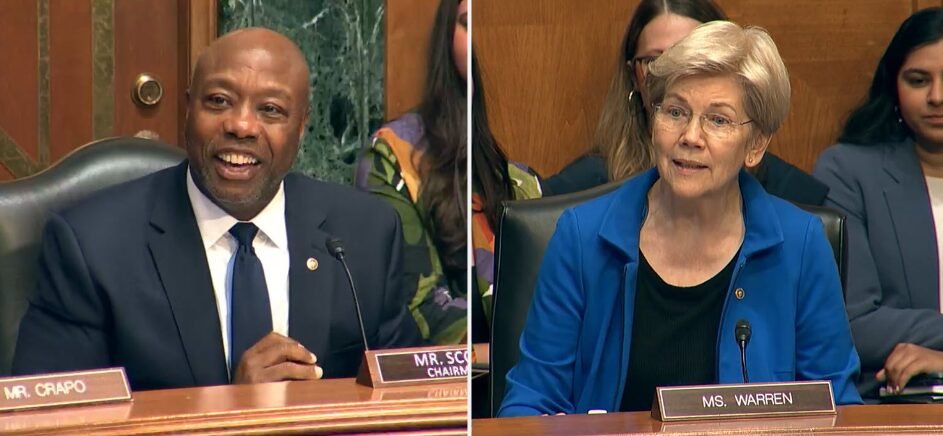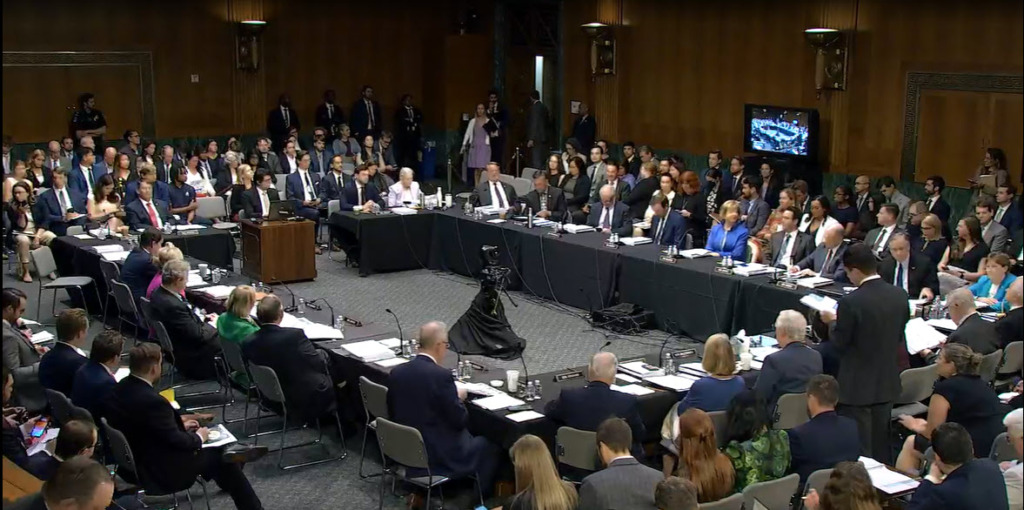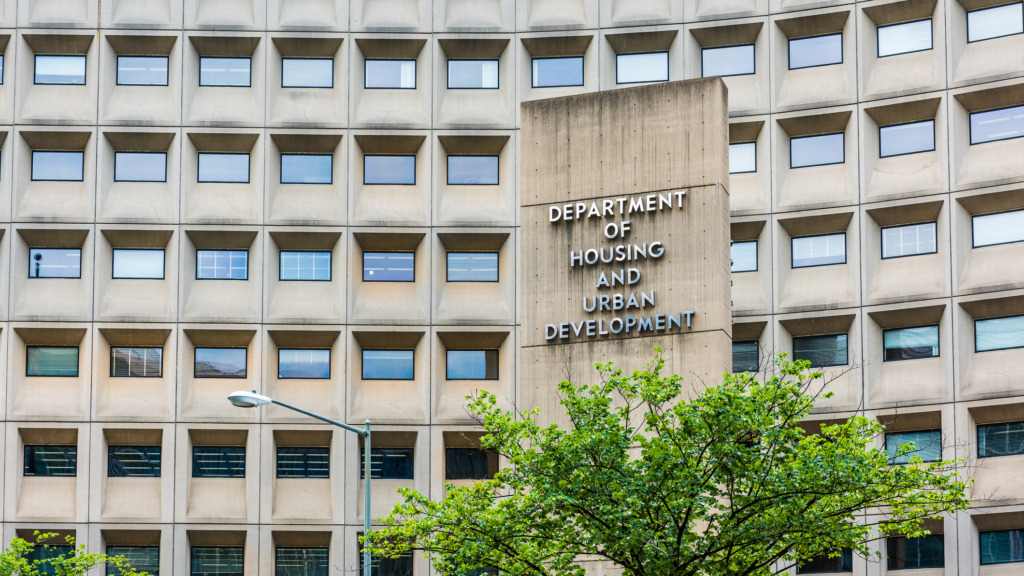
Major changes to the federal tax code’s clean energy incentives, signed into law on July 4 by the One Big Beautiful Bill (OB3) Act, continue to reshape the future of building-related solar, storage, and energy efficiency investments.
Energy Tax Incentives
- To address ongoing questions about the OB3 Act’s impact, RER developed a fact sheet, “Clean Energy Tax Incentives and the One Big Beautiful (OB3) Act – What CRE Should Know”, detailing how the law treats energy investments relevant to real estate. (RER Fact Sheet, Aug. 27)
- The OB3 Act accelerates the phase-down of certain tax credits, shortens eligibility timelines, and adds stricter foreign content and control rules. Projects beginning construction in 2025 and beyond should consider:
- Tax credits that phase out over the next few years (such as the Section 48E “tech neutral” credit for solar, the Section 179D deduction and 45L credit for energy efficiency projects, and the Section 30C credit for EV charging stations);
- Tax credits that remain available well into the 2030s (such as Section 48E for energy storage); and
- Permanent options for “full expensing” that can accelerate tax write-offs of energy-related and other building investments, regardless of Section 48E or other tax credit availability
Solar “Beginning of Construction”

- A July 7 White House executive order directed Treasury to tighten rules around the IRS’s “5% Safe Harbor” test, a key determinant of when solar projects officially “begin construction.” (Roundtable Weekly, July 11)
- The timing of when rooftop solar projects are deemed to “begin construction” is crucial for determining tax credit eligibility under the OB3 Act’s accelerated phase-down of the Section 48E credit.
- RER, Nareit, NAIOP, and ICSC submitted a joint letter to Treasury on Aug. 8 urging continued reliance on both the Safe Harbor and Physical Work Tests. (Letter, Aug. 8)
- On Aug. 15, the IRS issued Notice 2025‑42, preserving the Safe Harbor for rooftop solar projects of 1.5 MW or less, which includes most CRE rooftop solar projects and maintains their eligibility for Section 48E credits (for as long as they remain available). (Clean Energy Council, Aug. 18)
EPA ENERGY STAR

- The status of the ENERGY STAR program should become clearer as part of the “phase 2” reorganization plan of the Environmental Protection Agency (EPA), expected to be implemented by the end of September, as per a White House budget office memo. (EPA press release, July 18) (Politico, July 17).
- RER and multi-industry coalition partners advocated strongly for Senate and House Appropriations Committee actions this summer, which would provide ample federal spending for ENERGY STAR in FY’2026 starting on Oct. 1. (Roundtable Weekly, July 25).
- Meanwhile, ENERGY STAR recently certified 131 buildings nationwide under its voluntary new NextGen program, available for highly energy efficient buildings that also opt to reduce emissions and use renewable energy.
- RER has long supported EPA’s creation of the NextGen program as a meaningful, attainable federal alternative to onerous state and local building performance regulations that impose long-term mandates for all-electric buildings and “net zero” emissions.” (Roundtable Weekly, Oct. 11, 2024; March 22, 2024).
California Guidance on Climate Reporting
- The California Air Resources Board (CARB) released draft guidance this week for companies required to publicly report on climate-related financial risks under state law SB 261.
- Quantifying and reporting Scope 1, 2, and 3 emissions will not be mandatory in the initial reporting period under California’s law, which applies to companies with annual worldwide revenue greater than $500 million. (PoliticoPro, Sept. 2 | RER’s fact sheet on SB 261 and SB 253, Sept. 2023)
- The new reporting requirements are expected to start in 2026. Final rules from CARB are expected by December. (ESGToday, Sept. 4)
Housing Affordability and Energy Codes
- Next Tuesday, Sept. 9, the House subcommittee focused on energy policy will hold a hearing examining the impact of residential building energy codes on housing affordability. (Energy Subcomm. Press release, Sept. 2)
- According to the memo prepared for the hearing, construction that aligns with the 2021 version of model residential energy codes can add $31,000 to the price of a new home, “and take up to 90 years for a home buyer to recoup the payback value.”
- Witnesses at the hearing include representatives from the National Association of Home Builders (NAHB) and the natural gas utility serving the Washington, D.C. metro area.
RER will continue advocating to the Trump administration and Congress for clear, workable policies that support long-term real estate energy investments.


